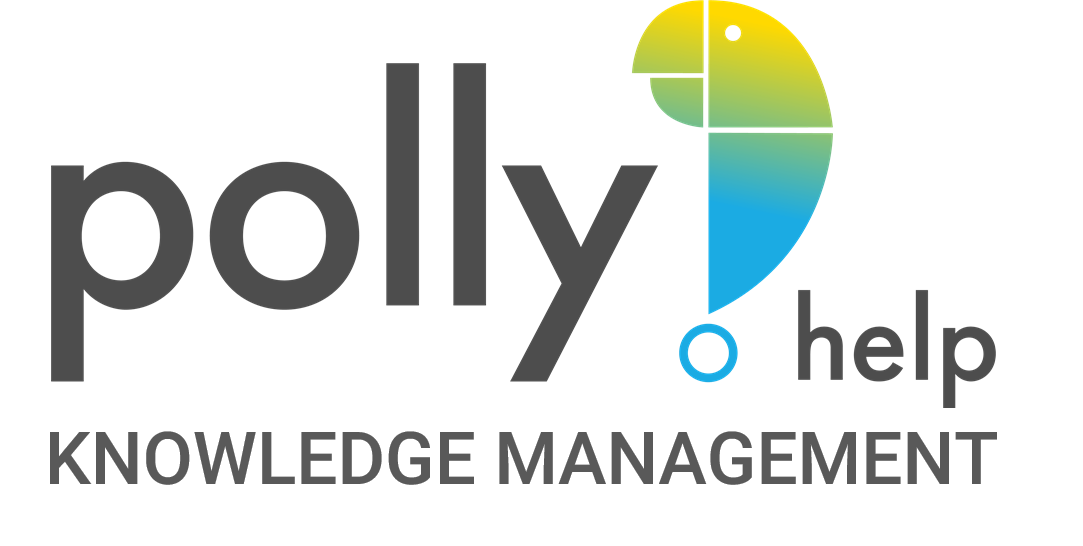In today’s rapidly evolving business landscape, organizations face the dual challenge of effectively managing knowledge and developing their employees to stay competitive. Polly.Help recognizes these challenges and provides comprehensive solutions to enable easy access to accurate knowledge and empower organizations in their quest for excellence. This blog delves into the significance of knowledge management and employee training, outlining their advantages and offering valuable insights for your organization.
Understanding Knowledge Management
Knowledge management is the strategic process of capturing, organizing, storing, and sharing knowledge within an organization, driven by technology and best practices. It promotes collaboration, innovation, and organizational learning, utilizing the collective wisdom of employees to unlock the full potential of the company.
Benefits of Knowledge Management
Knowledge management plays a pivotal role in enhancing decision-making by providing quick access to accurate information, fostering informed and confident choices. It also fuels innovation by encouraging the exchange of ideas, lessons learned, and best practices. By creating a culture of continuous improvement, adaptability, and agility, it drives success within the organization.
Implementing Knowledge Management Practices
To establish an effective knowledge management system, organizations must follow key steps, including identifying knowledge sources, structuring knowledge, creating repositories, setting clear sharing guidelines, and promoting collaboration. Technology acts as a catalyst in this process, offering platforms and tools for seamless knowledge sharing, searchability, and collaboration.
Integrating Knowledge Management and Employee Training
Integrating knowledge management and employee training nurtures a knowledge-sharing culture within the organization. Aligning training programs with knowledge management initiatives enhances knowledge and expertise transfer. Encouraging collaboration and communication among employees stimulates a sense of ownership, empowerment, and collective growth. Together, knowledge management and training initiatives create a fertile ground for innovation and organizational success.
Leveraging Technology for Training and Knowledge Management
Technology plays a crucial role in facilitating employee training and knowledge management. Learning Management Systems (LMS) offer centralized platforms for delivering and tracking training programs, ensuring easy access to learning resources and progress monitoring. Collaboration tools, such as project management software and communication platforms, support knowledge sharing and teamwork. By leveraging technology, organizations can optimize training processes, streamline knowledge management efforts, and promote knowledge sharing among employees.
Conclusion
In today’s ever-changing business landscape, effective knowledge management and employee training are critical components for achieving organizational success. Robust knowledge management practices allow companies to tap into the collective intelligence of their workforce, enhance decision-making, fuel innovation, and create a culture of continuous learning. Simultaneously, comprehensive employee training programs contribute to individual growth, productivity, and job satisfaction, resulting in improved organizational performance.
Polly.Help comprehends the significance of knowledge-driven organizations and offers solutions to empower businesses in their knowledge management and training endeavors. By leveraging technology, encouraging collaboration, and aligning training programs with organizational goals, your company can unlock its full potential and remain ahead of the competition.
Remember, knowledge is power, and investing in effective knowledge management and employee training is an investment in the future success of your organization.





